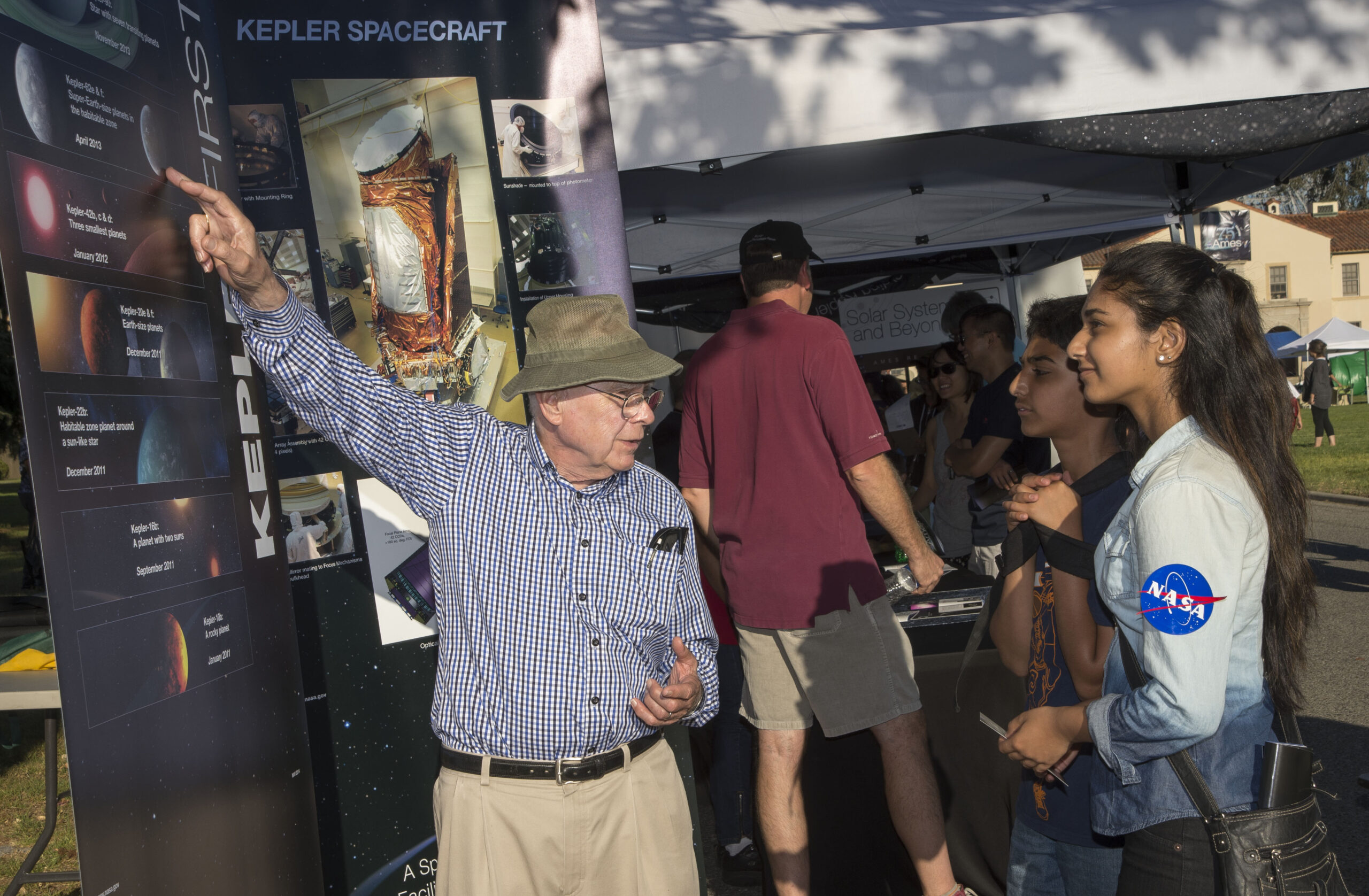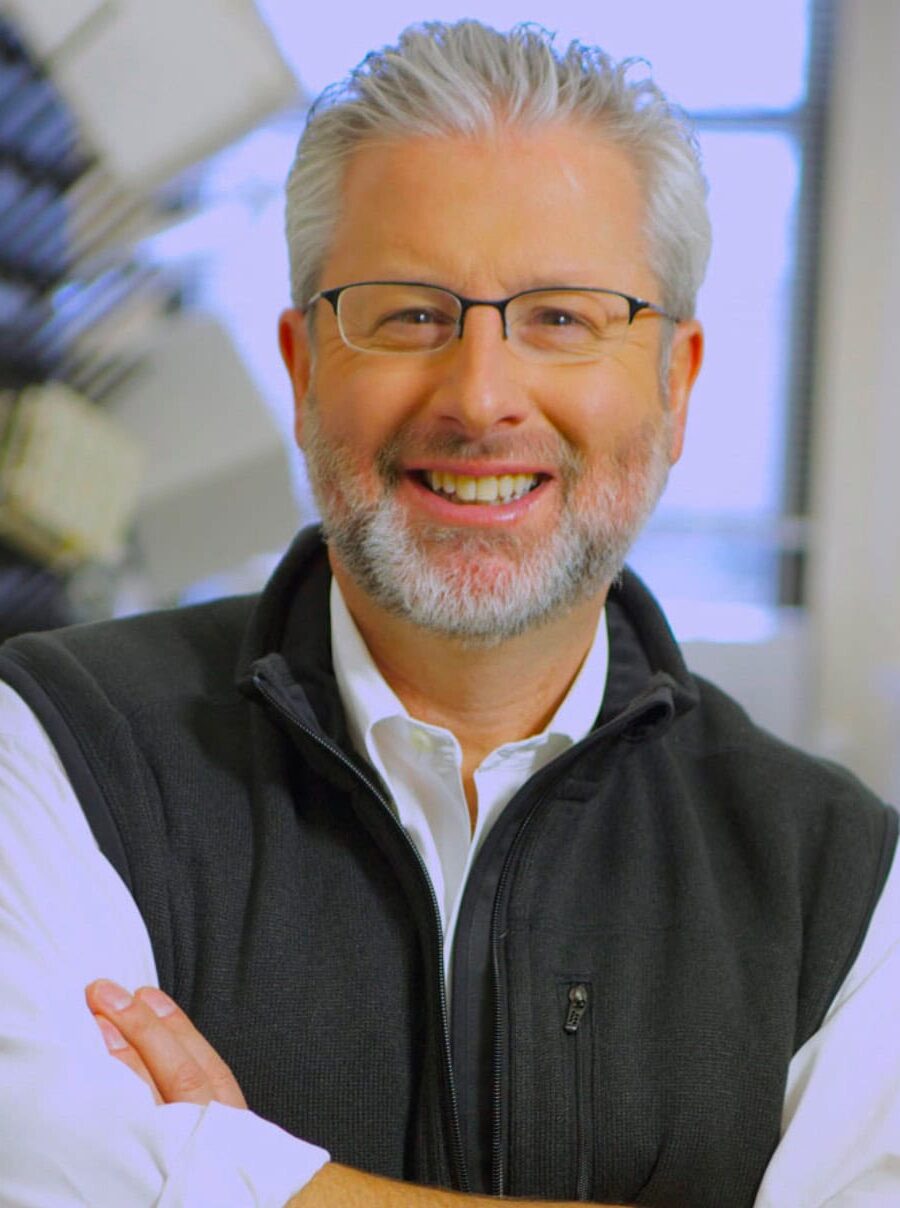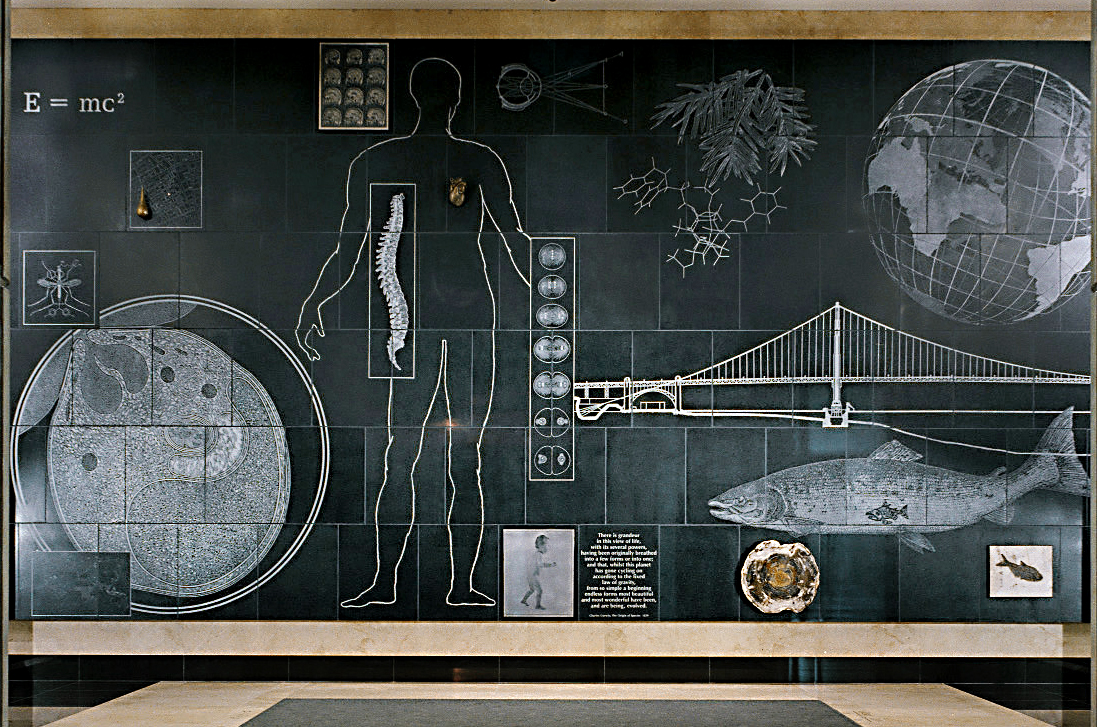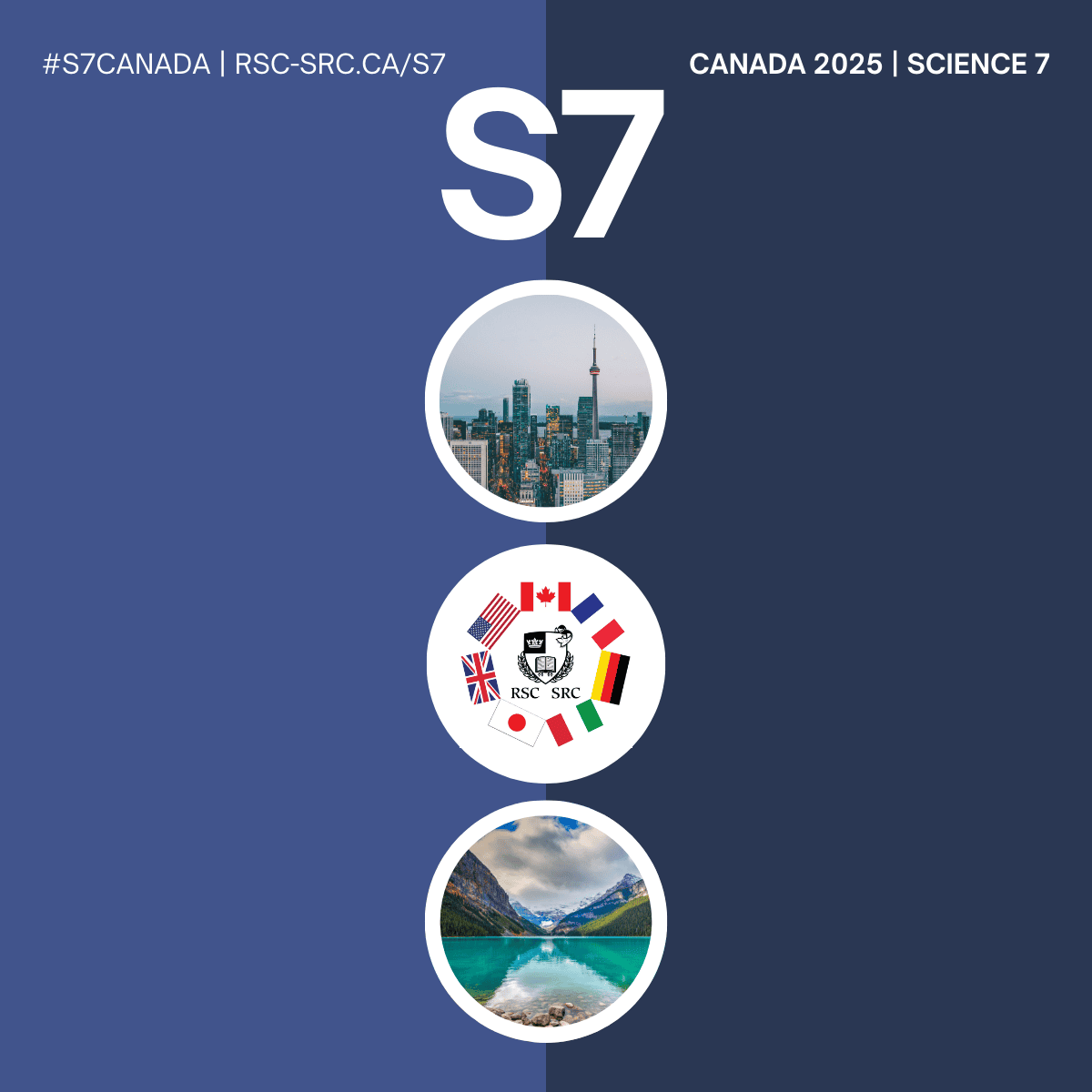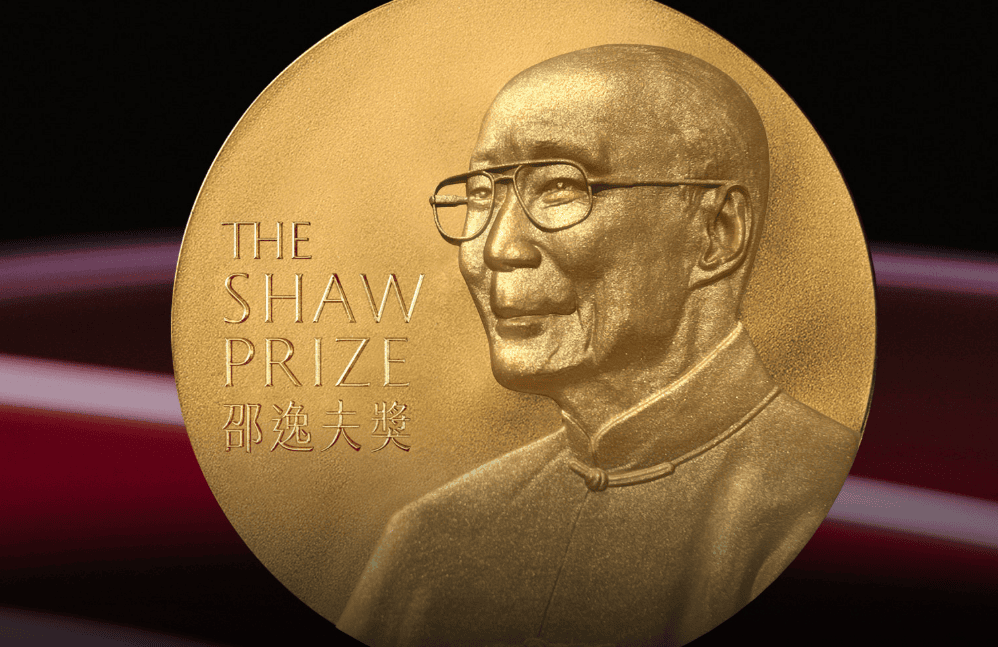Featured News
Special Feature
July 17, 2025
Celebrating the Anniversary of the Moon Landing with NAS Member William Borucki
Press Release
July 14, 2025
Neil H. Shubin Nominated to Be Next National Academy of Sciences President
Academy Statement
July 11, 2025
National Academies Presidents Express Alarm Over Unnecessary Suffering and Deaths Caused by Measles Outbreak
Academy Statement
June 16, 2025
National Academies Launch Restructuring
Academy Statement
June 11, 2025
Importance of Science in Decision-Making About Vaccines
Press Release
June 2, 2025
S7 Statements: Advancing Science for Society
In the News
May 27, 2025
NAS International Members Honored with Shaw Prize
News from the National Academies
News and features from the National Academies of Sciences, Engineering, and Medicine (NASEM).

